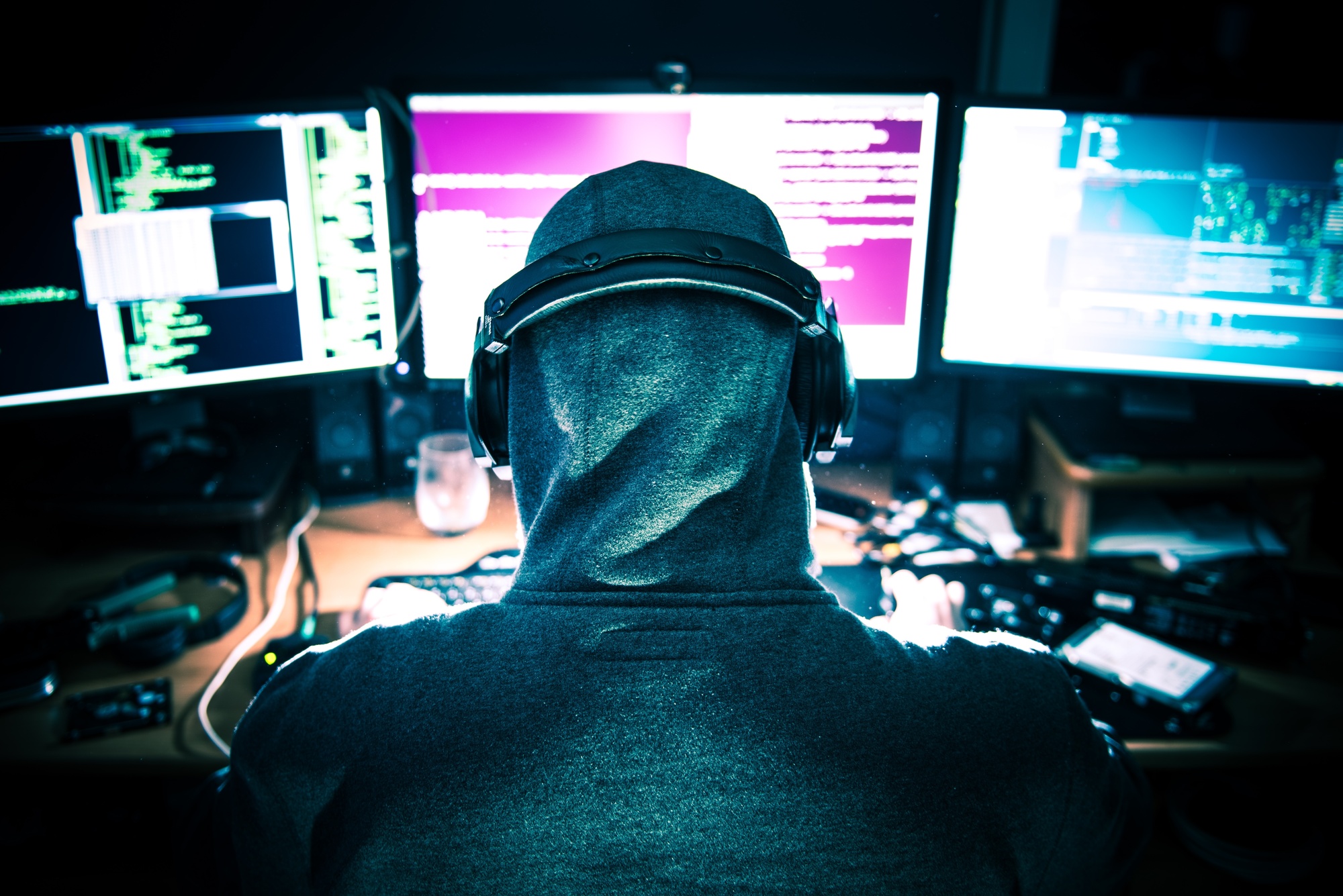How to Protect Yourself from Hackers in 7 Easy Steps
With rates of hacking going through the roof recently, we know that you’ve probably given lots of thought to how to best protect yourself and your business from being compromised in a security breach.
But which strategies are the most essential — and effective — when it comes to cybersecurity?
In this post, we’ll tell you everything that you need to do in order to know how to protect yourself from hackers.
Remember, not only is your private information at stake during a hacking scandal. It’s also a major threat to the overall reputation of your business and its website.
Take these seven steps as soon as you can — before you end up wishing you had.
1. Enable Two-Step Authentication
Two-step authentication is the foundation of any solid cybersecurity plan.
Essentially, in addition to entering your passcode to get into a group work chat or even your company email account, you’ll also get a code sent to your smartphone.
Once you enter this code, you’ll be granted access to files or anything else.
This helps to ensure that, even if a hacker guesses your password, they likely won’t be able to get into the account itself — because they don’t have the code.
2. Get Smart About Passwords
In order to understand how to protect yourself from hackers, you need to make sure you’re being smart about your passwords.
Take a look at this list of the most common — and pretty bad — passwords that people are actually using. Recognize any of them?
If so, then you need to make a major change as soon as you can.
Remember that, for best results, your passwords should include letters, capitalizations, special characters, and non-repeating numbers.
Additionally, we suggest changing your passwords — and having your employees do the same — about once every two to three weeks. Never use the same password for multiple accounts.
3. Run Updates ASAP
If you really want to know how to protect against hackers, then it’s important to make running software updates a priority.
Yes, we know that they’re annoying.
You know what’s even more annoying?
Dealing with a hack that compromises your personal and professional security, and one that keeps your website offline and unable to bring in revenue for several hours, perhaps even days.
Turn on auto-updates, or speak with security professionals about allowing them to handle running the updates for you.
4. Avoid Public WiFi
It’s no secret that it can be difficult — if not impossible — to fully regain consumer trust after a breach of data.
What you and your employees might not realize, however, is just how often you’re putting your consumer’s data in harm’s way.
Remember that if you use public and unsecured WiFi networks, anyone who has access to it can easily steal your data.
While we’re big fans of working remotely, tell your employees never to access work data on public WiFi networks.
Additionally, tell them to avoid checking their personal email while at work. Hackers can send phishing attacks through spam email, which can quickly infect your office’s entire computer system.
5. Enable Encryption
When you want to avoid hacking, one of the first things you’ll need to do is enable data encryption.
This is especially helpful if you’re sending sensitive files across email networks.
Essentially, data encryption means that only the people that you’ve decided to grant access to can see the documents and files you’ve sent.
To a hacker, these passwords, data points, and anything else will just look like a random string of letters, characters, and numbers.
6. Get Professional Security Assistance
If you really want to learn how to protect yourself from hackers, then you need to understand the value of professional cybersecurity services.
Not only can they back up all your data (more on that in a minute), they can also comb through site visitor logs and login attempts to company portals and identify any suspicious activity.
Plus, they’ll run your updates for you, assure that you’re protected against the latest hacking threats, and even ensure that, in the event of an emergency, your site gets up and running again as soon as possible.
7. Back Up All Data
Finally, you need to accept the reality that sometimes, no matter how careful you are, you just can’t avoid hacking.
This is why it’s so important to continuously run data back-ups. When you work with a professional cybersecurity team, they’ll be able to back up your website and work data not just daily, but sometimes even hourly.
This will help you to avoid disaster and a loss of data not only in the case of a hacking incident, but even in things you truly can’t control, like a sudden loss of power.
Plus, having a backup of your data means you won’t have to negotiate with hackers to win back your information.
You Know how to Protect Yourself From Hackers
We hope that you’ll take these seven strategies into account when you’re learning more about how to protect yourself from hackers.
Remember that, while it’s not always possible to avoid hacking completely, there are lots of things you can do to lessen your risk and lower the severity of the breach.
Looking for more information about how to increase cybersecurity in the workplace?
Want to understand the steps you can take to increase employee awareness and ensure that everyone is on the same page when it comes to protecting company data?
We can help.
Check out our website and blog to learn more about how to take your cyber and physical security strategies to the next level.



